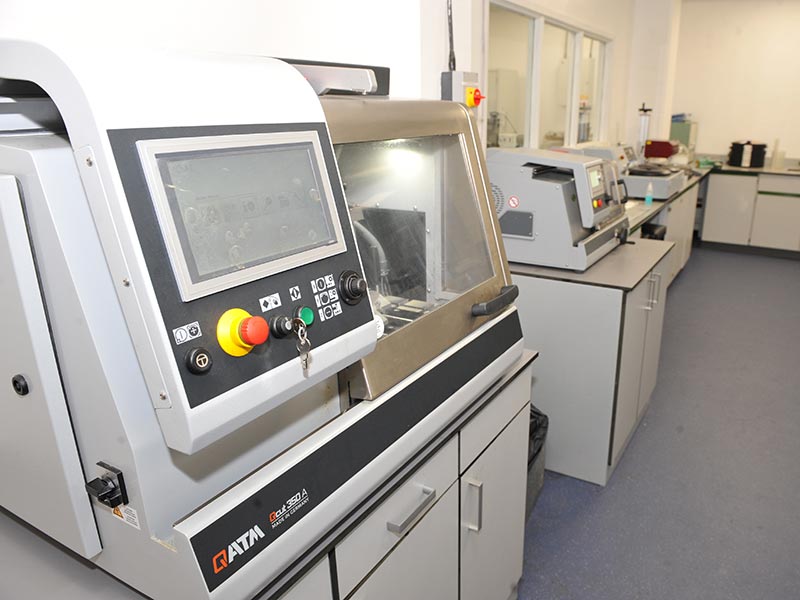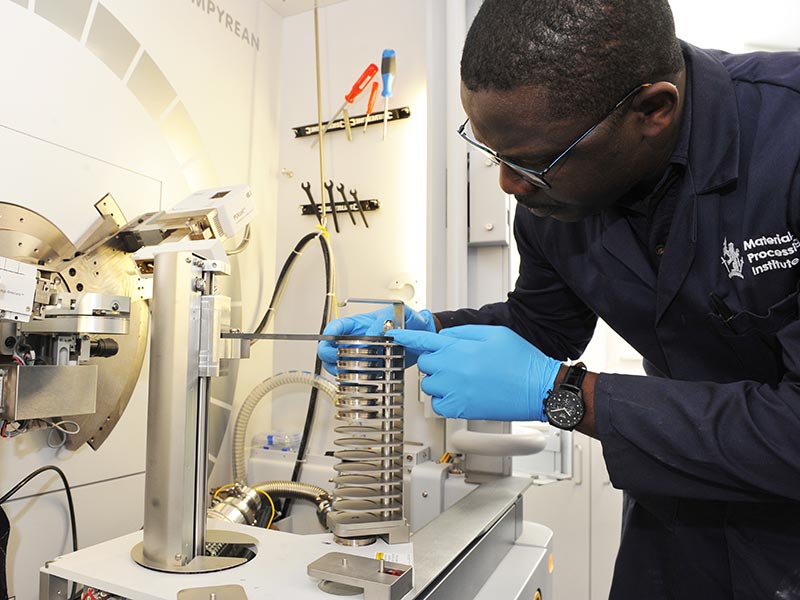{{serverconnectlatestnews.data.showlatestnews.data[0].news_title}}
{{serverconnectlatestnews.data.showlatestnews.data[0].news_date.formatDate("d MMM yyyy")}}
{{serverconnectlatestnews.data.showlatestnews.data[0].news_teaser}}

Research, development and innovation is focussed on developments in advanced materials, achieving industrial decarbonisation through a low carbon and hydrogen future, deploying new digital technologies, and reducing waste through a circular economy.

The Circular Economy Group works alongside the Industrial Decarbonisation, Digital Technologies, and Advanced Materials to develop robust solutions to divert by-products away from landfill, increase their value, and reduce their environmental impact.
Read More
The Digital Technologies Group integrates digital technologies to optimise industrial processes and support the development of advanced materials.
Read More
The Advanced Materials Group is leading the way in research, development, and innovation to create a clean and green future with industry through the development, characterisation and analysis of materials.
Read More
The Industrial Decarbonisation Group works with clients to demonstrate and scale up next generation decarbonisation technology to help accelerate industrial decarbonisation and progress businesses to a net-zero future.
Read More
The Advanced Materials Characterisation Centre supports decarbonisation and the circular economy.
Read More
The focus of the Advanced Materials Development Centre is materials research and materials development.
Read More
The Circular Economy Development Centre supports the scale-up of technologies and processes that improve the recovery and reuse of materials.
Read More
The Green Steel Centre to develop technologies, materials, and processes to decarbonise steel production.
Read More
The Institute adopts a scientific approach to its research with the objective of delivering reliable and accurate results which are fit for purpose.
Read More
The Normanton Plant is a facility capable of melting and casting various metals and alloys, primarily steel alloys.
Read More
The SME Technology Centre provides open access support to SMEs across all sectors looking to develop, improve and commercialise technology.
Read More
Developing materials and commercialising technologies for industrial processes, to improve efficiency, productivity and yield. Particular expertise in the processing of materials, especially steel and metals, and the development of new alloys. Working with a collaboration partners to deliver individual innovation projects, up to fully integrated programmes for large, multinational clients.

High quality steels, manufactured to short lead times and to client specifications. A bespoke specialist melting and casting service.

Expert advice and technical due diligence for Mergers & Acquisitions, capital expenditure on new plant and equipment and market studies. Technology management and leadership support, including creating a culture of innovation, setting up and running innovation programmes and new product development portfolio management. Clients include private industry, public bodies and Government.